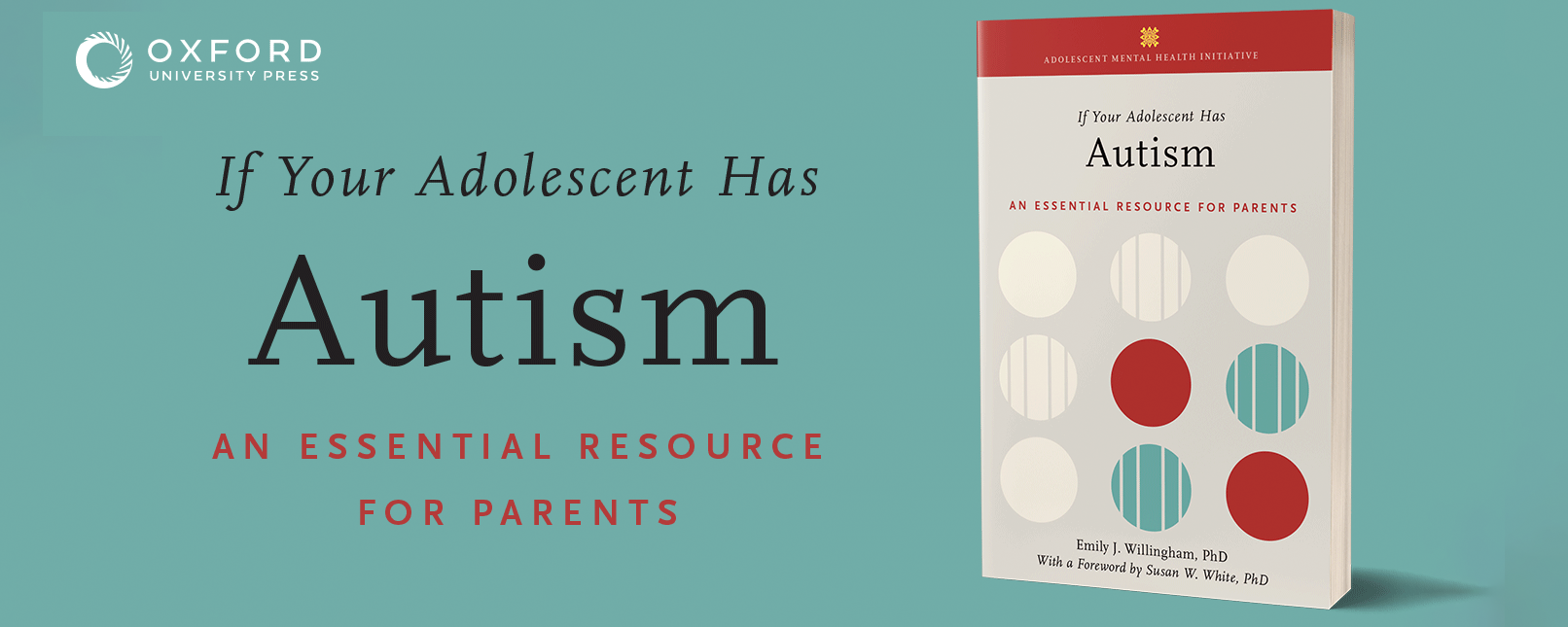With a few notable exceptions, the endorsement of presidential primary candidates by notable groups and individuals carries little weight with the public, according to data released today by the National Annenberg Election Survey (NAES).
In the survey, we asked people if they knew who certain people and organizations had endorsed for either the Republican or Democratic presidential nomination. We then identified the endorsed candidates and asked whether knowing that made them more or less likely to support the endorsed candidate or made any difference at all. Most people are unaware of endorsements of the presidential contenders and the reported impact of these endorsements is small, though there are some exceptions both in awareness and impact.
Although the endorsement of Sen. Barack Obama, Democrat of Illinois, by Sen. Edward Kennedy, Democrat of Massachusetts, caught the public’s attention, the vast majority of those asked said that Sen. Kennedy’s January 28 endorsement will have no impact on how they vote. Fifty-nine percent of Democrats and independents were aware that Sen. Kennedy endorsed Sen. Obama. Once informed of the endorsement, 13 percent said they would be more likely to support Sen Obama, and 9 percent said they would be less likely to support him (a net increase of 4 points). However, 75 percent of Democrats and independents said that his endorsement would make no difference at all in their level of support. Awareness in the survey was highest for Oprah Winfrey’s pre-Iowa caucus endorsement for Sen. Barack Obama, with 73 percent of Democrats and independents saying they were aware of it (NAES did not ask the follow-up question assessing whether Ms. Winfrey’s endorsement would make a difference).
Awareness of the conservative radio host and founder/director of Focus on the Family Action Dr. James Dobson’s endorsement of former Arkansas Gov. Mike Huckabee on February 7 is low with just 16 percent of Republicans and independents saying they knew of this endorsement. However, his endorsement still might have meant something to Gov. Huckabee’s support among conservative Republicans and independents. When told of the endorsement, 24 percent of those Republicans and independents who self-identified as “very conservative” say they would be more likely to support Gov. Huckabee, while just 2 percent say they would be less likely to do so (a net of 22 percent saying more likely). Among Republicans and independents who self-identified as “moderate,” as many said they would be less likely (6%) to support Gov. Huckabee after hearing the endorsement than would be more likely to support him (6%), so there is no net positive effect among this group. Still, the vast majority of Republicans and independents, regardless of ideology, said the endorsement would make no difference in their level of support for Gov. Huckabee.
The New York Times’ endorsement of Sen. John McCain, Republican of Arizona, for the Republican presidential nomination on January 25 had some effect on Republicans and independents who identify themselves as either “moderate,” “somewhat conservative,” or “very conservative.” The direction was negative for “very conservative” Republicans and independents as 14 percent said they would be less likely to support Sen. McCain after hearing the endorsement and 6 percent said they would be more likely to support him (a net negative of 8 percent less likely). The endorsement had little net impact on those Republicans and independents who call themselves “somewhat conservative,” with one percent more saying they would be more likely to support Sen. McCain after hearing the endorsement. The Times’ endorsement had more positive impact among self-identified “moderate” Republicans and independents with 7 percent saying the endorsement would make them more likely to support Sen. McCain and 3 percent saying they would be less likely to support him (a net positive of 4 percent). (The data for this question were collected prior to publication by the Times February 21 of an article about Sen. McCain’s ties to a lobbyist.)
On the Democratic side, the Times’ endorsement of Sen. Hillary Rodham Clinton, Democrat of New York, on January 25 also had a small effect on her support. A quarter of Democrats and independents knew of this endorsement. The survey shows a net increase of 6 points in the reported likelihood that they would support Sen. Clinton once Democrats and independents are made aware of it.


